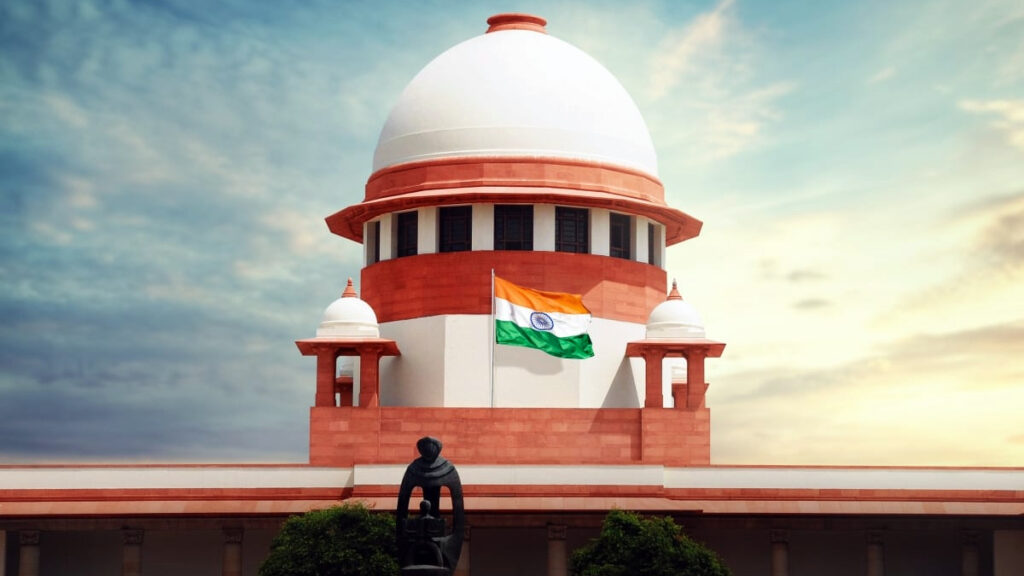
Supreme Court Affirms Right to Property for Non-Citizens in Enemy Property Case
Last Updated on February 26, 2024 by News Desk
Introduction:
In a recent ruling, the Supreme Court of India delivered a significant judgment regarding the right to property, specifically in the context of enemy properties under the Enemy Property Act, 1968. The bench, comprising Justices BV Nagarathna and Ujjal Bhuyan, made observations highlighting the expansive scope of Article 300-A of the Constitution, affirming that it extends protection not only to citizens but also to non-citizens.
Issue:
The case revolved around the exemption of ‘enemy properties’ from municipal laws and whether such properties, governed by the Enemy Property Act, 1968, are exempted from municipal regulations due to their association with the Union Government.
Rule:
The Supreme Court emphasized the broad interpretation of the term “person” in Article 300-A, which encompasses both legal entities and individuals, irrespective of citizenship status. Furthermore, it elucidated that the definition of ‘property’ under Article 300-A encompasses various forms of tangible and intangible assets, including rights, titles, and interests.
Analysis:
In its analysis, the court underscored the legislative intent behind the Enemy Property Act, 1968, which aimed at uniform management and protection of enemy properties across the nation. It emphasized that depriving individuals, including non-citizens, of their property without compensation would contravene the constitutional right to property enshrined in Article 300-A.
Conclusion:
The Supreme Court concluded that the transfer of ownership of enemy properties to the Custodian for administration does not constitute a transfer of ownership to the Union Government. It reiterated that any deprivation of property, even in the case of enemy properties, must be accompanied by just compensation, in accordance with constitutional principles.
Significance:
This ruling holds significant implications not only for the management of enemy properties but also for the broader understanding of property rights under the Indian Constitution. By affirming the applicability of Article 300-A to non-citizens, the Supreme Court has reaffirmed the protection of property rights as a fundamental constitutional principle.
In essence, the judgment reiterates the foundational principles of property law and underscores the importance of upholding individual rights, regardless of citizenship status, in line with the constitutional framework.
Written — Athi Venkatesh AVD



